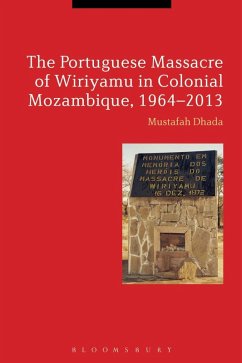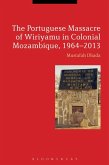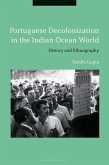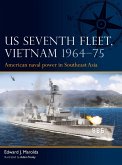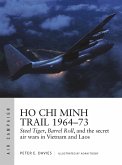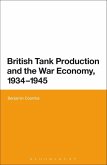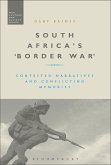WINNER OF THE 2017 MARTIN A. KLEIN PRIZE
In his in-depth and compelling study of perhaps the most famous of Portuguese colonial massacres, Mustafah Dhada explores why the massacre took place, what Wiriyamu was like prior to the massacre, how events unfolded, how we came to know about it and what the impact of the massacre was, particularly for the Portuguese empire.
Spanning the period from 1964 to 2013 and complete with a foreword from Peter Pringle, this chronologically arranged book covers the liberation war in Mozambique and uses fieldwork, interviews and archival sources to place the massacre firmly in its historical context. The Portuguese Massacre of Wiriyamu in Colonial Mozambique, 1964-2013 is an important text for anyone interested in the 20th-century history of Africa, European colonialism and the modern history of war.
In his in-depth and compelling study of perhaps the most famous of Portuguese colonial massacres, Mustafah Dhada explores why the massacre took place, what Wiriyamu was like prior to the massacre, how events unfolded, how we came to know about it and what the impact of the massacre was, particularly for the Portuguese empire.
Spanning the period from 1964 to 2013 and complete with a foreword from Peter Pringle, this chronologically arranged book covers the liberation war in Mozambique and uses fieldwork, interviews and archival sources to place the massacre firmly in its historical context. The Portuguese Massacre of Wiriyamu in Colonial Mozambique, 1964-2013 is an important text for anyone interested in the 20th-century history of Africa, European colonialism and the modern history of war.

